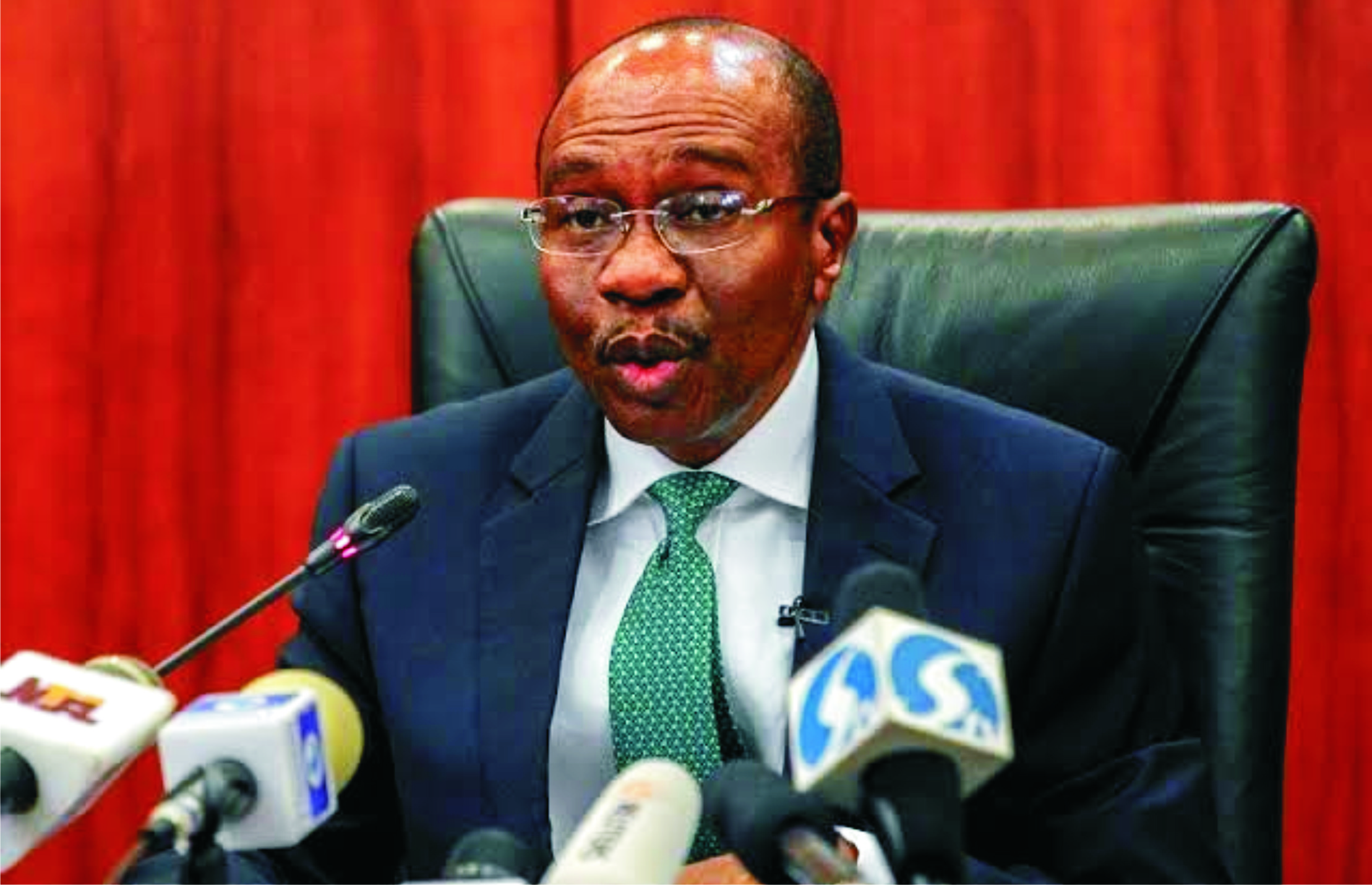Business
CBN Gives 15 Microfinance Banks New Licences

No fewer than 15 microfinance banks commenced operations in the country after getting new licences from the Central Bank of Nigeria (CBN) between February 13, 2019 and December 2019, findings have revealed.
The CBN had earlier disclosed that the number of microfinance banks licensed in the country stood at 898 as of February 13, 2019.
In its newly released list on the recognised microfinance banks, the apex bank disclosed that the figure had risen to 913 as of the end of December, 2019.
The MFBs had, however, been making moves to meet the recapitalisation requirements of the CBN.
In a circular in March, 2019, the CBN had stated that the Tier 2-unit microfinance banks must have a minimum capital of N50m, while Tier 1 would maintain the N200m minimum capital introduced for unit microfinance banks in October, 2018.
It stated that Tier-1 unit microfinance banks must meet a N100m capital threshold by April, 2020 and N200m by April, 2021.
Tier-2 unit microfinance banks, it added, must meet a N35m capital threshold by April, 2020 and N50m by April, 2021.
The CBN stated that state microfinance banks must increase their capital to N500m by April, 2020 and N1bn by April, 2021.
The CBN recently issued the revised supervisory and regulatory guidelines for micro finance banks in Nigeria to support the development and sustainability of the sector.
The regulation said, “The need to reposition and strengthen the MFB towards improved performance had become apparent as revealed from the report of a recent review of the subsector.”
The CBN stated that an MFB would be allowed to engage in acceptance of various types of deposits including savings, time, target and demand deposits from individuals, groups and associations, provision of credit to its customers and provision of housing micro loans.
It stated that they could provide ancillary services such as capacity building on record keeping and small business management and safe custody and issuance of debentures to interested parties to raise funds from members of the public with the prior approval of the CBN.
Business
Agency Gives Insight Into Its Inspection, Monitoring Operations

Business
BVN Enrolments Rise 6% To 67.8m In 2025 — NIBSS

The Nigeria Inter-Bank Settlement System (NIBSS) has said that Bank Verification Number (BVN) enrolments rose by 6.8 per cent year-on-year to 67.8 million as at December 2025, up from 63.5 million recorded in the corresponding period of 2024.
In a statement published on its website, NIBSS attributed the growth to stronger policy enforcement by the Central Bank of Nigeria (CBN) and the expansion of diaspora enrolment initiatives.
NIBSS noted that the expansion reinforces the BVN system’s central role in Nigeria’s financial inclusion drive and digital identity framework.
Another major driver, the statement said, was the rollout of the Non-Resident Bank Verification Number (NRBVN) initiative, which allows Nigerians in the diaspora to obtain a BVN remotely without physical presence in the country.
A five-year analysis by NIBSS showed consistent growth in BVN enrolments, rising from 51.9 million in 2021 to 56.0 million in 2022, 60.1 million in 2023, 63.5 million in 2024 and 67.8 million by December 2025. The steady increase reflects stronger compliance with biometric identity requirements and improved coverage of the national banking identity system.
However, NIBSS noted that BVN enrolments still lag the total number of active bank accounts, which exceeded 320 million as of March 2025.
The gap, it explained, is largely due to multiple bank accounts linked to single BVNs, as well as customers yet to complete enrolment, despite the progress recorded.
Business
AFAN Unveils Plans To Boost Food Production In 2026
-

 Politics3 days ago
Politics3 days agoEFCC Alleges Blackmail Plot By Opposition Politicians
-
Business3 days ago
AFAN Unveils Plans To Boost Food Production In 2026
-

 Sports3 days ago
Sports3 days agoJ And T Dynasty Set To Move Players To Europe
-
Business3 days ago
Industrialism, Agriculture To End Food Imports, ex-AfDB Adviser Tells FG
-
Politics3 days ago
Datti Baba-Ahmed Reaffirms Loyalty To LP, Forecloses Joining ADC
-
Politics3 days ago
Bayelsa APC Endorses Tinubu For Second Term
-
Business3 days ago
Cashew Industry Can Generate $10bn Annually- Association
-

 Entertainment3 days ago
Entertainment3 days agoAdekunle Gold, Simi Welcome Twin Babies

